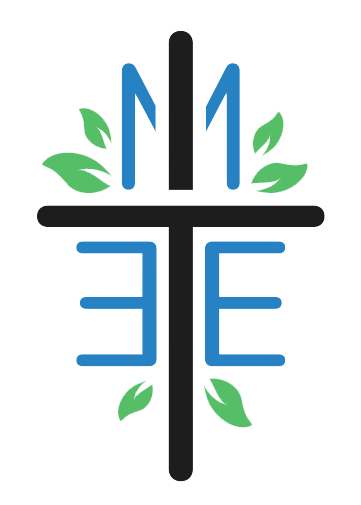MEET
„Műveld és őrizd!” - The Creation Care Program of the Evangelical-Lutheran Church in Hungary
MEET („Műveld és őrizd!” – ‘Cultivate and keep!’ with a reference to Gen 2:15) is a church-wide creation care program that is initiated centrally by the church, and to which any community connected to the church can join voluntarily. It is available for all congregations/parishes, educational institutions, diaconal institutions, offices, conference halls and missionary centers, as well as to church foundations, associations, and communities.
Although MEET is the creation care program of the Evangelical-Lutheran Church in Hungary, it is ecumenically open, to which communities from other denominations can also join. The program operates on a voluntary basis and principle; communities apply on their own initiative, they can define their own goals, intentions, their level of commitment and can compile their own creation care program for themselves.
The Ararát Teremtésvédelmi Munkaág (Ararat Creation Care Division of the Lutheran Church) provides framework and assistance for the customized planning of the commitment and its compilation. The program encourages the cooperation of the communities participating in the creation care program, as well as regional cooperation and the development of a network.

The Different Aspects of Creation Care
- The forms in which different aspects of creation care are present in the life of the communities, in their activities and gatherings (community services, occasions, spirituality).
- The local and global creation care issues to which the community can make commitments (local and global commitments)
- The attitude encouraged in the community members and in those addressed through different channels of communication (attitude and its formation)
- The way in which community-owned buildings, architectural structures and locations are managed; their modernization with regards to environmental friendliness and efficiency, and their maintenance in a consumption-optimized way
- The management of community-owned lands. The extent to which ecological diversity and the protection of nature appear during the planning and the implementation of land management.

Application Process
Participation in the program is only allowed based on the decision of the legal decision-making body of the community. This decision may designate a person or a group to be entrusted with the representation of creation care issues within the community. Thereafter, this authorized representative is entitled to manage the administration of the program (https://meet.lutheran.hu/regisztracio).
Following the registration, the unique creation care program of the community can be compiled on the electronic online interface. The compilation of the program is aided by the completion of a questionnaire (self-administered) and by a planning guide. The program can be planned progressively according to sub-domains as well as time-intervals, and its content can be expanded with unique ideas.
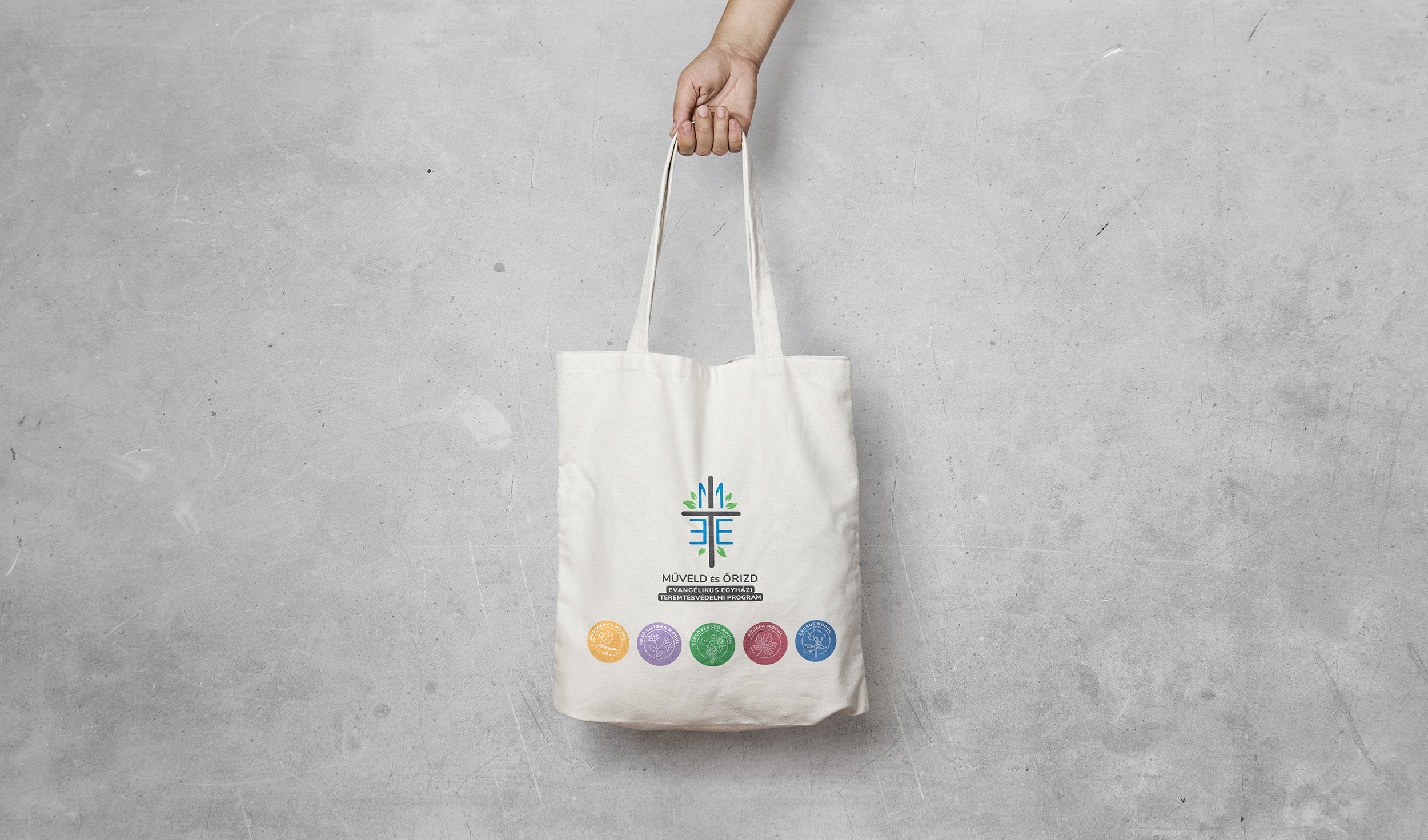
The Commitment
Each community can determine and compile its own creation care goals and program, depending on its opportunities, and what it can and would like to undertake. On the electronic interface, the framework defines topics, so-called groups of commitments; and from these, during the compilation of the program, communities can choose freely, and can set their timing individually. The commitments can be expanded by unique plans and ideas that are suitable to the characteristics of the specific community.
The list of topics encompasses different areas of community operation and life and offers an opportunity to implement different aspects of creation care from a wide range. Communities can make decisions regarding the intensity of their work in each area, through taking into account their opportunities and endowments, and can choose different paths to achieve their goals towards preserving the created world.

Cooperation and Mentoring
Communities can ask for or offer help, take the initiative, or just be open and available for cooperation and assistance, according to their needs and possibilities. The program encourages active networking and collaboration between communities, so that they can also support each other in achieving their creation care goals, as well as in managing, implementing, and maintaining their program. The program also aims to facilitate regional cooperation, mutual support, joint problem-solving, cooperation and the formation of local organizations. As part of their creation care plans, communities can determine which community role to take within the overarching program. In addition to regional cooperation, the program encourages the participating communities to collaborate on a national level by publicly sharing and disseminating their news, best practices, experiences and events (https://meet.lutheran.hu/aktivitas).

Reporting
Reporting is self-controlled; the community itself evaluates what has or has not been achieved from the determined goals and plans. The community can decide whether to keep the achieved goals and whether to further plan the goals that have not been achieved. Following the report, the community can set a new commitment goal for itself and can sign up for a new module. Reporting is done annually, but in case the community would like to apply to a new module, they can prepare their self-assessment report sooner.
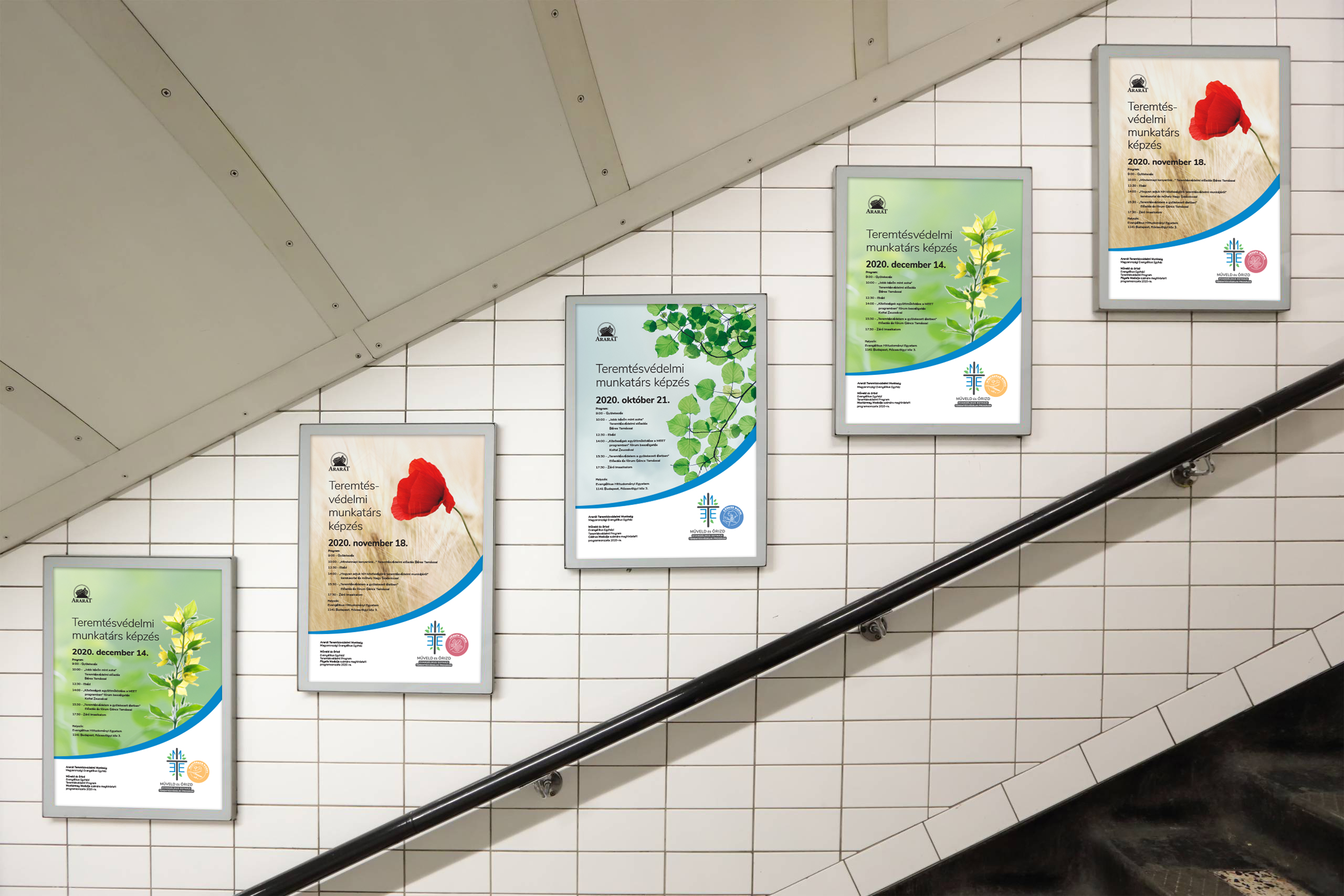
The Modules
Depending on their level of community involvement and commitment, and the specific commitments made in their creation care plan, communities can choose from five different modules to participate in. After compiling a program plan corresponding to the selected module, communities are entitled to use the graphic elements connected to the given module. (These may appear on their electronic communication interfaces, in their correspondence and in their announcements.) The symbols of the modules are biblical plants, each of which is beautiful, wholesome and carries an important message. The modules provide a framework within which the specific creation care program is the unique commitment of the community. Belonging to a given module primarily depends on the level of community involvement and commitment.

Mustard seed (Mustármag)
"The kingdom of heaven is like a grain of mustard seed that a man took and sowed in his field. It is the smallest of all seeds, but when it has grown it is larger than all the garden plants and becomes a tree, so that the birds of the air come and make nests in its branches." (Matthew 13:31-32)
The entry module to the program is the Mustard Seed module; all communities who join are Mustard Seeds. In this module, the community commits to frequently praying for the created world during services, to celebrating the week of Season of Creation each year and to sharing best practices implemented in their community with others. The community commits to promote the MEET program to other communities on their own interfaces and communication channels.
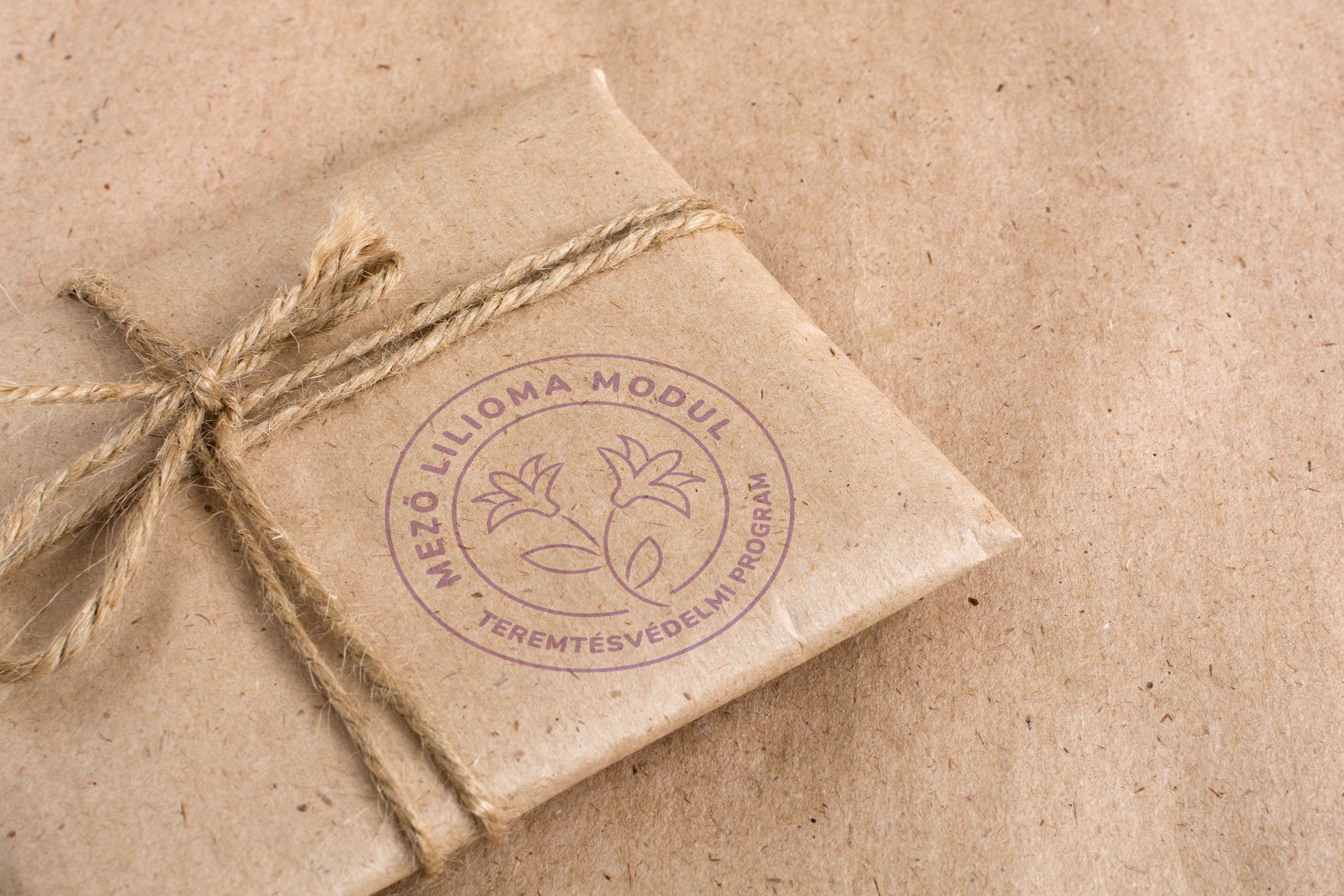
Lily of the field (Mező lilioma)
“Consider the lilies of the field, how they grow: they neither toil nor spin, yet I tell you, even Solomon in all his glory was not arrayed like one of these.” (Matthew 6:28-29)
In the Lily of the Field module, the community compiles its own creation care program plan for itself and defines its goals according to its opportunities. It shares news about the creation care programs implemented in the community and sends invitations to other communities in its environment.
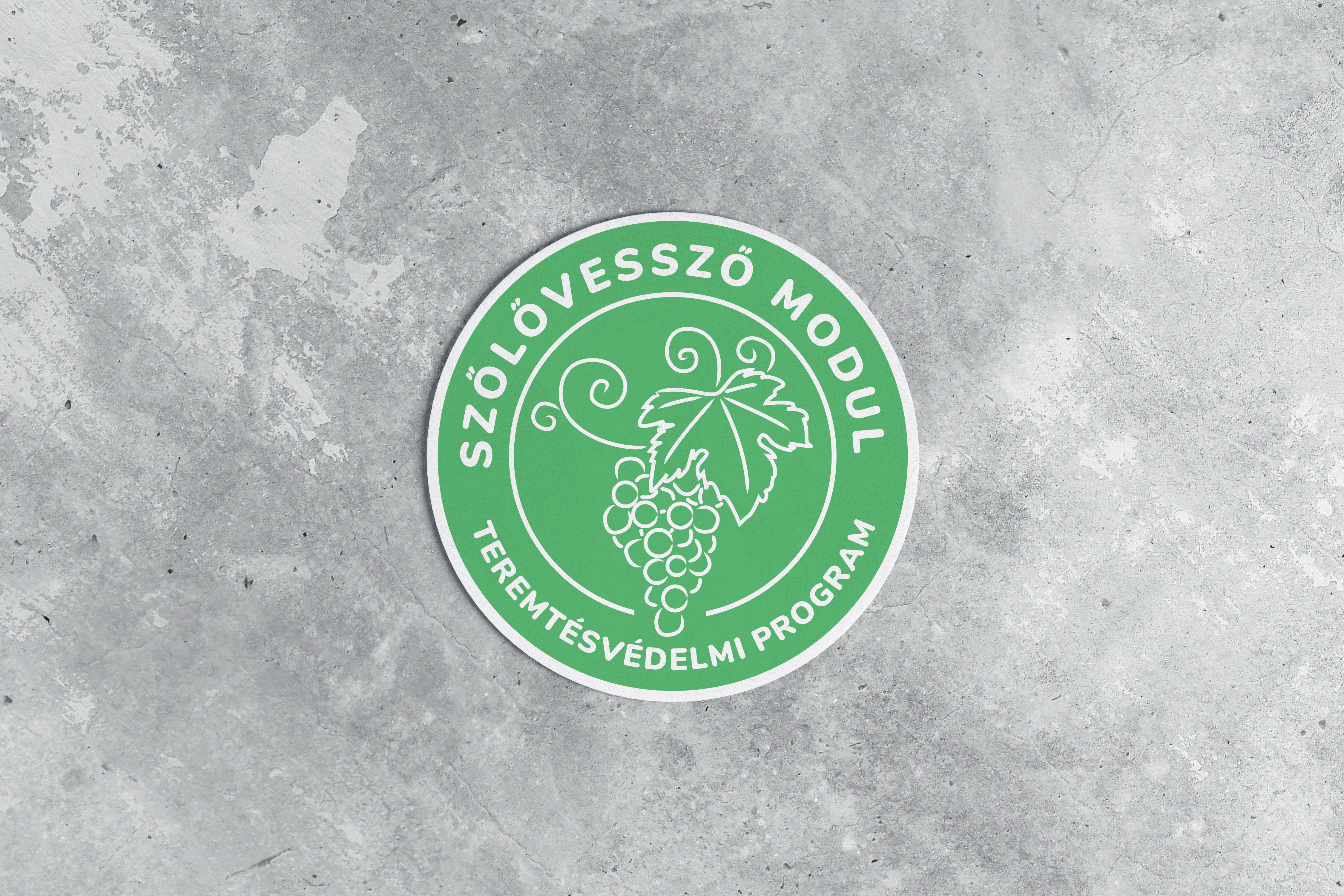
Vine’s Branches (Szőlővessző)
“I am the vine; you are the branches. Whoever abides in me and I in him, he it is that bears much fruit, for apart from me you can do nothing. […] If you abide in me, and my words abide in you, ask whatever you wish, and it will be done for you.” (John 15:5.7)
Communities in the Vine’s Branches module commit to helping other participating communities with regards to their questions and to offering advice. These communities aim to expand their creation care programs towards multiple areas of commitment.
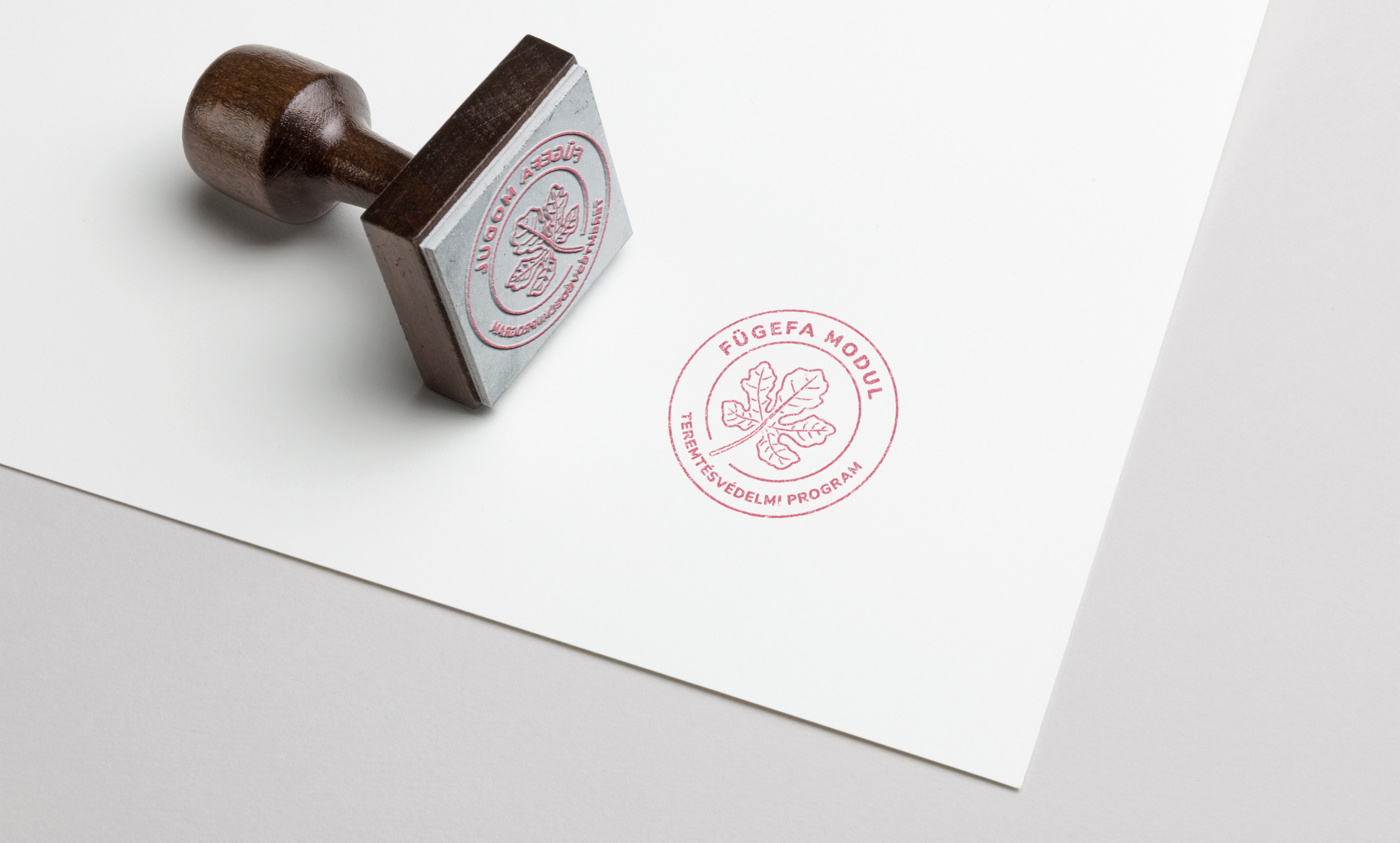
Fig Tree (Fügefa)
"From the fig tree learn its lesson: as soon as its branch becomes tender and puts out its leaves, you know that summer is near. So also, when you see all these things, you know that he is near, at the very gates.” (Matthew 24:32-33)
Participants in the Fig Tree module commit to collaborating with other communities in their region, and to organizing joint occasions, potentially through the involvement of communities from other modules. In their creation care programs, these communities aim to include creation care as an aspect in as many segments of their community life as possible.
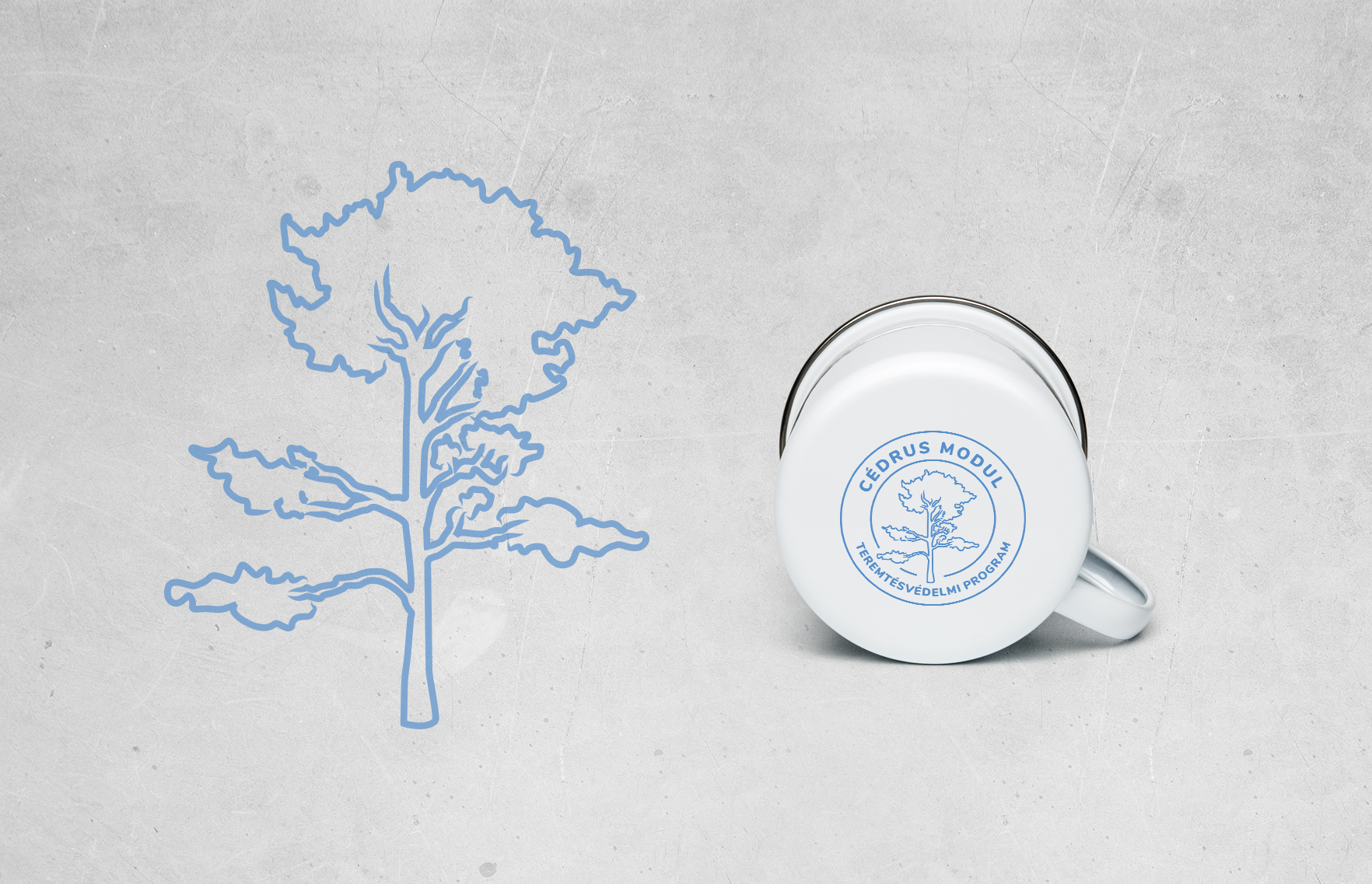
Cedar (Cédrus)
“On the mountain height of Israel will I plant it, that it may bear branches and produce fruit and become a noble cedar. And under it will dwell every kind of bird; in the shade of its branches birds of every sort will nest. And all the trees of the field shall know that I am the LORD; I bring low the high tree and make high the low tree.” (Ezekiel 17:23-24)
Communities participating in the Cedar module commit to actively coordinating creation care projects in their region, to seeking out communities in their environment and to supporting them in achieving their creation care goals. Communities of this module have comprehensive creation care programs that encompass multiple commitment topics and share their experiences with the others.

Support
The Ararat Creation Care Division of the Evangelical-Lutheran Church in Hungary supports and helps communities who join the program in determining and implementing their creation care plans and goals. The Division is in charge of coordinating the operation of the whole program and is responsible for its administration.
The Creation Care Division organizes training opportunities for representatives of the participating communities. These training occasions support the projects carried out in the communities both spiritually, theologically, and professionally, and furthermore, these provide opportunities for networking and community building.
The Division occasionally organizes meetings for the communities participating in the program, regardless of modules and encompassing all regions.
English-language presentation: https://issuu.com/arterm/docs/meet_program_presentation_en
Contact details
“Műveld és őrizd!” - the Creation Care program of the Evangelical-Lutheran Church in Hungary
Terms and conditions: https://meet.lutheran.hu/aef
E-mail address: meet@lutheran.hu
Facebook page: https://facebook.com/araratteremtesvedelem
Postal address: Magyarországi Evangélikus Egyház Ararát Teremtésvédelmi Munkaág
1085 Budapest, Üllői út 24.
